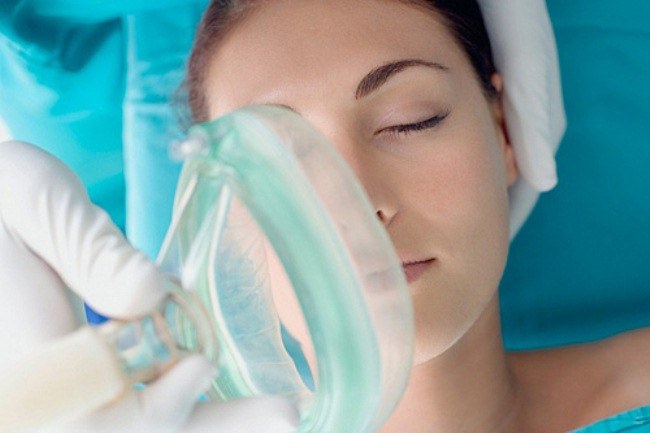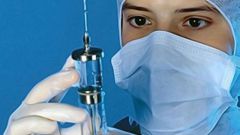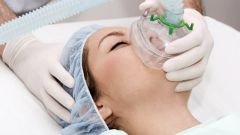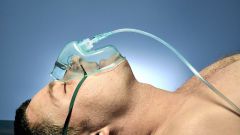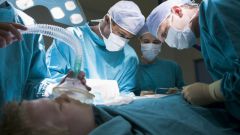Instruction
1
The patient must have certain information about any past allergic reactions. If you have ever had an allergic reaction to medications, it is recommended to always carry (in a bag in the passport) recorded a list of such medications for emergency cases when you may need unplanned surgery, for example, in a traffic accident. In such cases the doctors will not be time to conduct the preliminary examination and preparation for surgery.
2
Always put the knowledge of doctors about possible allergies to certain substances do not forget to mention the bad experience of the use of local anesthetics (e.g. at the dentist). Not superfluous information and that, had there been any allergic reactions in your immediate family (what kind of effect anesthesia had on family members who have had operations under anesthesia), and also about the medications you had recently taken, and previous illnesses.
3
At risk people with possible development of allergic reactions to General anesthesia are children, elderly, and persons suffering from diseases of the cardiovascular system.
4
Before planned operations always consult with the anesthesiologist, pre-agreed on passing a preliminary examination appointment special tests – Allergy tests. All Allergy tests are divided into two groups - samples invivo and invitro. First, unlike the second, are skin tests and are carried out directly on the patient. Today, there are a large number of Allergy tests that do not require intervention in the patient's body, as are in vitro tests in vitro, for example, alloy RTML (reaction of inhibition of migration of leukocytes). As a result of such tests, the doctor will have an idea about what drugs and substances, your body will treat leniently, and which you will reject. Based on this, experts will be decided in favor of the use of an anesthetic.
5
And last: the most important condition for the timely identification and avoidance of allergic reactions to General anesthesia is the strict adherence to all recommendations and instructions of the doctor as during the preliminary examination and immediately before surgery.
